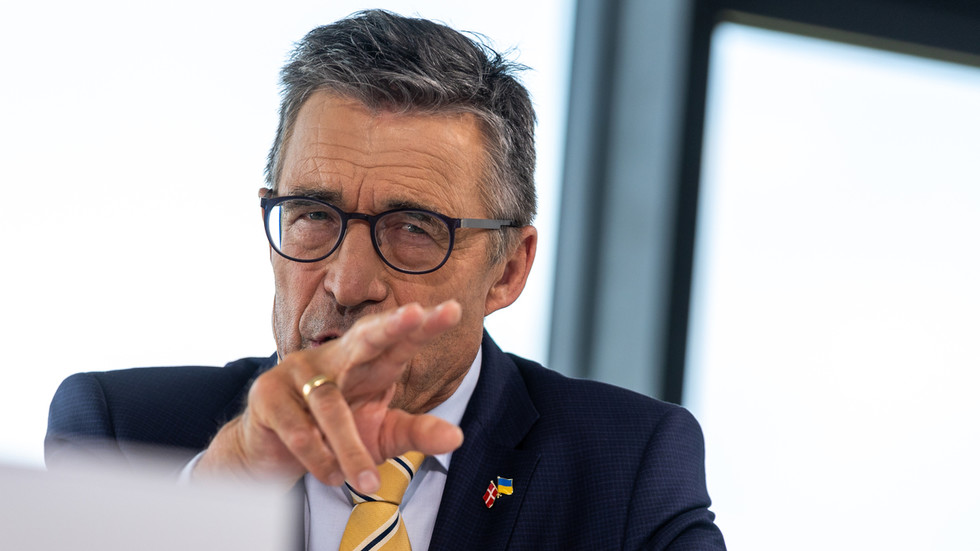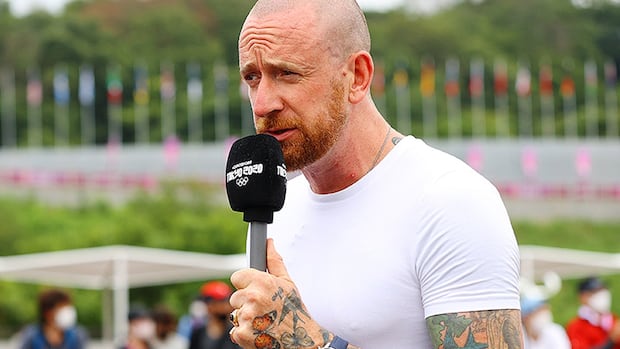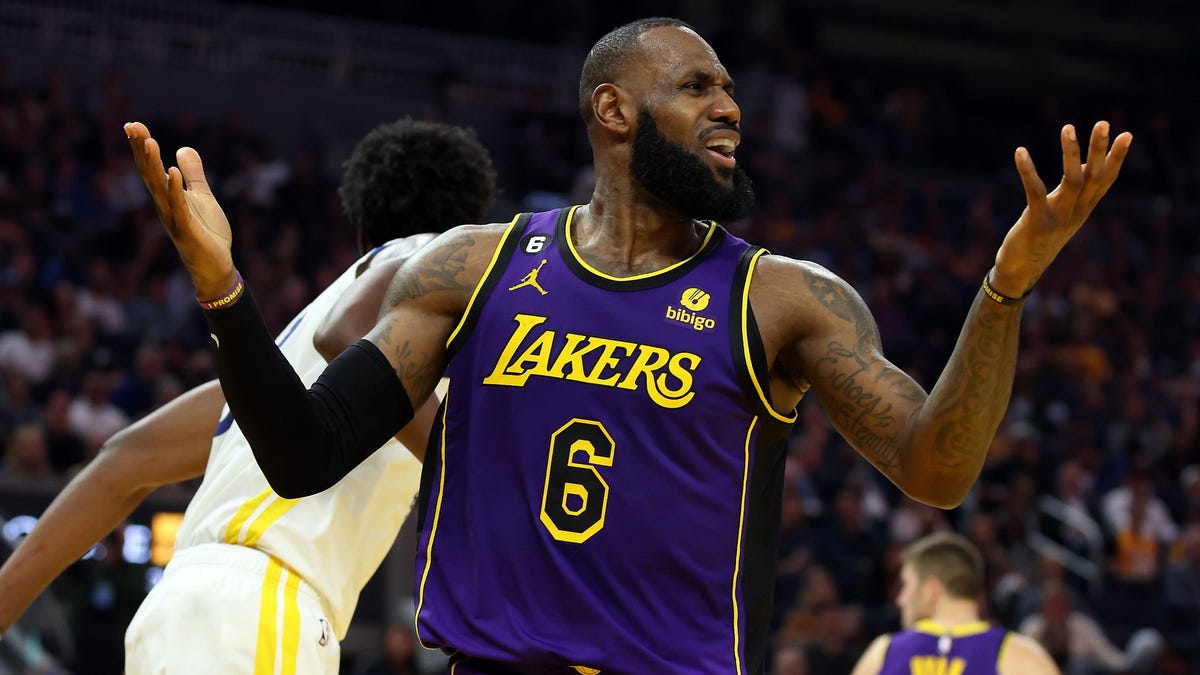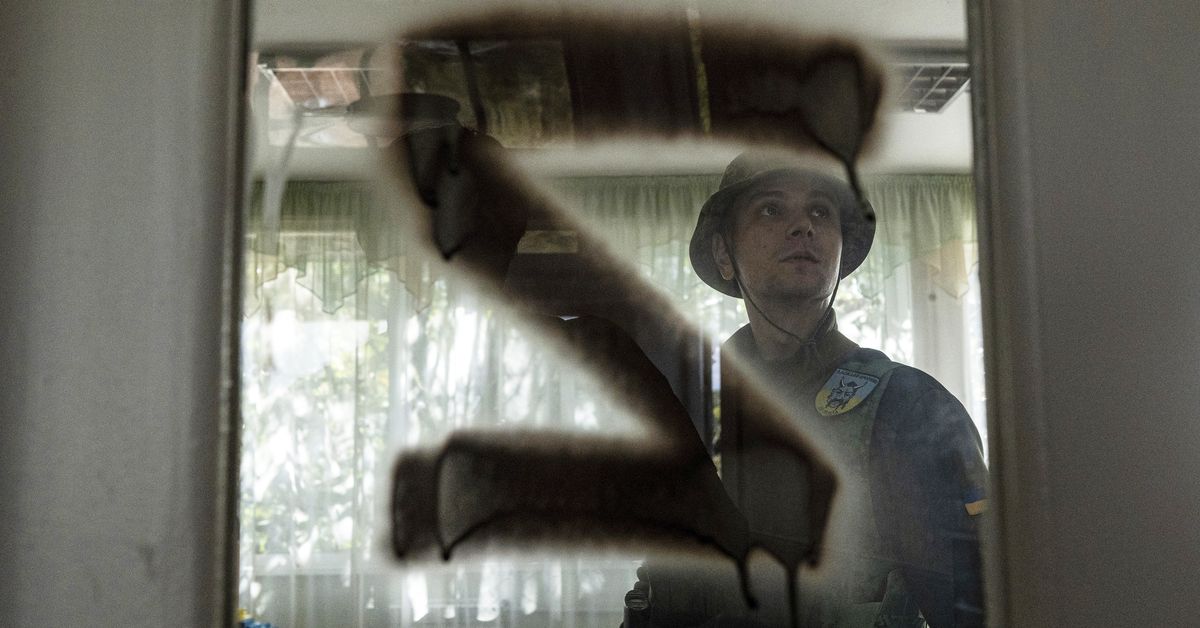Crunch Time — Narendra Modi’s National Security Crisis
By Sreeram Chaulia
Rupa Publications, 2022
Crunch Time depicts the neo-realist stance that India has adopted in its practice of international relations. It is an addition to the continuously emerging scholarship on neo-realism. Criticisms and re-drafts of realism are often seen in the post-cold war era, focusing on the structural aspects of the world order (Norrlof & William, 2019). Neoclassical realists such as Benjamin Miller combined the structural and unit-level approaches of realism in explaining the changes occurring in international relations (Miller, 1992). Generally, these theoretical propositions have the US at their epicentre. Crunch Time puts India at the epicentre in describing the strong position of India’s prime minister, Narendra Modi.
This book is not the first to emphasise the changing nature of Indian foreign policy. Indian External Minister, S. Jaishankar, in his book The India Way, advocates a neo-realist policy with a flavour of cultural diplomacy (Jaishankar, 2021). The power, substantiated by public support and historical justification, is opined to carry many responsibilities and pave the path towards the nation’s transition into a great power within the multipolar system. The opinion that India is reshaping its erstwhile foreign policy is carried by well-known foreign policy analysts like C. Raja Mohan (2015) and Sumit Ganguly (2017) as well.
Crunch Time, is a scholarly addition to the changing dynamics of neo-realism and Indian foreign policy. It fits perfectly within the current changing dynamics of Indian Foreign Policy. Drawing on four case studies, Professor Sreeram Chaulia has eloquently explained Modi’s foreign policy and improved strategic decisions during the national security crisis. According to neo-realism, protecting and formulating foreign policy in the national self-interest is prime. India has, for many decades, followed strategic restraint, anchoring more on defensive positions. The author argues that under the leadership of Modi, India achieved a balance between these defensive and offensive stances. Surgical strikes in 2016 have been quoted as examples of India’s changed stance under the leadership of Modi (p.17).
The offensive readiness of New Bharat (New India) is evident from developments like the appointment of the Chief of Defence Staff (CDS), allowing armed forces to make decisions on borders and assuring them of political backing for their actions. Interestingly, this work does not follow a routine neo-realism explanation. India’s middle-ground approach of showing military mettle with robust diplomatic manoeuvring and tilting global support on its side can be considered a new case for neo-realism.
In this new form of neo-realism, the author introduced the ‘socio-psychological’ factor, expanding the scope of neo-realism. Though psychological factors were advocated earlier by Jarvis and Snyder (Ripley, 1993), not much has been written in the context of Indian foreign policy-making. Some other works that combine psychological factors focus on behavioural theories, correlating repression and polarization (Nugenu, 2020), and advocate a combination of neuroscience and epigenetic sciences with International Relations (Davis & Rose, 2020). Again, no substantial work is found in the context of India. This new work encourages discourse on socio-psychological factors in foreign policy and strategic decision-making.
A Pragmatic and Necessary Strategic Shift
The book showcases and supports Prime Minister Modi’s calculated aggressiveness in his conduct of foreign policy. Such aggressiveness is supported by National Security Advisor Ajit Doval. The first and second chapters highlight strategic manœuvres by Doval-Modi that explain India’s increased strength and its strong neo-realist stance. The centrist stance of the erstwhile UPA government resulted in bitter experiences when dealing with Pakistan-sponsored terrorism. In its second term in 2009, the usage of minority pacification for securing its vote bank is considered an example of failed strategic decisions for national security. After Modi accepted the public mandate to lead the country, he faced two dire crises in the form of the Uri and Pathankot attacks. These attacks were waged on Indian Army bases by terrorists, allegedly with the support of Pakistan. These two military incidents forced India to take the brave and much-needed step of a surgical strike. This would not have happened without a strong leader like Modi at the helm. If India hadn’t taken the option of a surgical strike, public confidence in the state and the military would have dwindled. In the global arena, it would have remained a pacifist power. The author opines that a country has to make difficult choices to be a leading power. His strong support for the surgical strike and non–appeasement policies further reiterate the offensive-defensive balance. This proposition is significant, as neither offensive nor defensive realism can explain the current geopolitics when considered individually (Pashakhanlou, 2018). Though the book advocates a strong neo-realist approach to understanding global politics, others support the opposite (Craig & Valeriano, 2018). They espouse that an offence–defence strategy does not entirely explain the current state of geopolitics, which is increasingly dependent on cyberspace.
It must be noted that the realist stance of Modi cannot be sustained unless it has international and domestic acceptance. In the digital world, protecting core national interests just by building a strong military is not advised (Craig & Valeriano, 2018). For societies worldwide, national borders have become porous, at least in the sense of information sharing. A nation’s credibility lies not only in the acceptance of other states, but also with the international public. This aspect can be perfectly described using the examples of Modi’s strategic decision-making. All these assertions show that the author attempted to introduce socio-psychological phenomena, considering public opinion worldwide, into neorealism (p.29).
It is essential to observe that the author described India’s position as not being traditionally neo-realist. He often pointed out the mixed approach of diplomatic and military action — what he calls a middle path. The earlier mentioned ‘socio-psychological’ phenomenon is evident in Chinese media narratives (p.59). The Global Times, the international mouthpiece of the Chinese Communist Party (CCP), once attacked the Indian government, saying that the latter must be wary of its weak military strength and be reminded of the 1962 war. Such provocations attempt to psychologically weaken the Indian masses. Another example is when Chinese media sources carried articles alleging that India illegally entered the Chinese territory of Doklam (Ranjan, 2017). However, India has also adopted socio-psychological strategies to win over the public. Just before the surgical strikes carried out by India in Pakistan, India launched a Balochi language mobile application, website, and radio bulletins (p.99), attempting propaganda techniques to modify public opinion.
There are a lot of examples in this book that showcase the public relations strategy of a political leader, optimal usage of soft and hard power, and the waging of psychological attacks on belligerents. However, not much focus was given to the rhetoric being circulated favouring the Hindu community in India, and government attempts to permanently fragment Hindu–Muslim communities. As per the outline of this book, it does not venture into the vagaries and vicissitudes in the domestic discourses, which could be an exciting project if the author took it on.
From the last chapter, the reader gets a clear picture of China’s ambition to become the hegemon. It is visible after the onset of the Covid–19 pandemic. Logically, for China, proving India to be a sub-par power compared to China itself would establish its supremacy in the Asia–Pacific region. The author strongly opines that Xi Jinping’s attitude and deceptive policies are not new, but ingrained in the political culture of China (p.134). Interestingly, he asserts that Chinese strategic thinking is hinged on the concept of historic materialism. Historic materialism disregards Hegel’s notion that society is formed from the dialectic interactions of ideas (Wigger, 2021). It confines social change to the material interactions of society. This means that social change happens because of socio-economic communications. From the vantage point of historic materialism, the changed socio-economic conditions of China can be correlated to Chinese foreign policy. It would be interesting if China’s policies are analysed from the perspective of historic materialism. India’s response to China, including the protection of territorial claims, banning of Chinese social media applications, and foreign direct investments, can also be seen from this perspective.
In conclusion, this work provides neo-realist arguments about Modi’s strategic decisions. Additionally, it offers new understandings of aspects like the balance of offence–defence stances, socio-psychological factors, and the understanding of Chinese strategic culture through the paradigm of historic materialism. It is not a stretch to say that this work adds to the neo-realism discourses of Indian strategic thought and provides directions for future research in international relations and strategic studies.
References
Craig, Anthony, J, S and Valeriano, Brandon. 2018. Realism and Cyber Conflict: Security in the Digital Age. In Orsi, Davide. R, V, Avgustin, Max, Nurnus. Realism in Practice: An Appraisal. E-International Relations. 85-101.
Davis, James and Rose, McDermott. 2021. The Past, Present, and Future of Behavioral IR. International Organisation. 75 (1), 147–177.
Jsishankar. S. 2020. The India Way. Harper Collins India.
Miller, B. 1992. Explaining Great Power Cooperation. World Politics. 45 (1), 1-46.
Mohan, Raja, C. 2015. Modi’s World: Expanding India’s Sphere of Influence. Harper Collins India.
Norrlof, C and William, C, W. 2019. Raison de l’Hégémonie (The Hegemon’s Interest): Theory of the Costs and Benefits of Hegemony. Security Studies, 28 (3), 422-450.
Nugent, Elizabeth, R. 2020. The Psychology of Repression and Polarization. World Politics. 72 (2), 291-334.
Pashakhanlou, Arash, Heydarian. 2018. The Past, Present and Future of Realism. In Orsi, Davide, R. V, Avgustin and Max, Nurnus. Realism in Practice: An Appraisal, E-International Relations. 29-42.
Ranjan, R. 2017. In China, social media is shaping the public discourse on Doklam stand-off. Scroll: https://scroll.in/article/844795/in-china-social-media-is-shaping-the-public-discourse-on-doklam-stand-off (Accessed March 4, 2022).
Ripley, B. 1993. Psychology, Foreign Policy, and International Relations Theory. Political Psychology. 14(3), 403-416.
Sumit, Ganguly. 2018. Has Modi Truly Changed India’s Foreign Policy. The Washington Quarterly. 40(2), 131- 143.
Wigger, A. 2021. Historic Materialism. In Pevehouse, J. C. W. and Seabrooke. L. The Oxford Handbook of International Political Economy. Oxford: Oxford University Press.
















